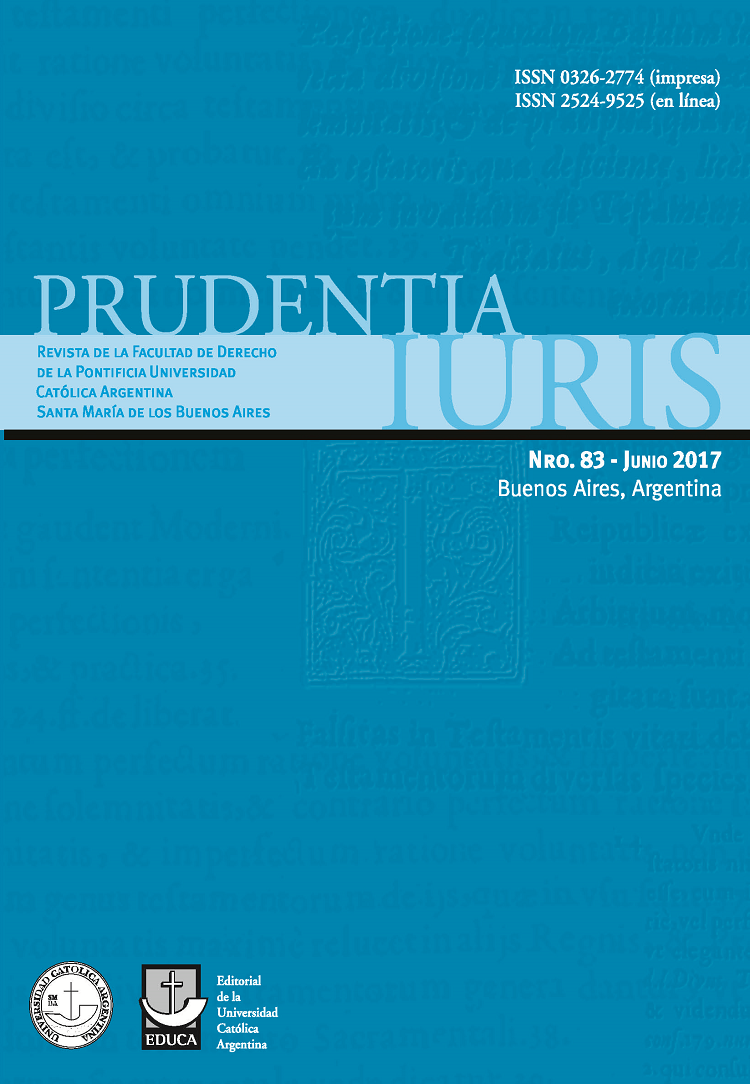Manifestations of the principle of opportunity
Palavras-chave:
Legalidad líquida, Principio de oportunidad, ArbitrariedadResumo
Traditionally, the criminal law of the Argentine Republic was marked by the principle of procedural legality. However, provincial legislation, the regulations of the Autonomous City of Buenos Aires and the recent reforms in the National Penal Code teach their acquiescence to paradigms outside our historical tradition, where prosecutors are anointed with the power of determine, based on criteria of opportunity, whether or not before the news of the commission of a public action crime will exercise the criminal action, they will suspend or interrupt it. Thus, this phenomenon, which is particularly relevant, marks an inexorable tension with the principle of procedural legality, originally inherited from our mother country. Therefore, a critical study is required on which legislative expressions inserted in our country constitute, stricto sensu, true projections of the principle of prosecutorial discretion; and whether or not they conform to the Political Common Good. In this edition of the Journal, the various kinds of actions will be judged, next to the conversion from public to private action; the procedural insignificance, the so-called minor intervention and the unimportant penalty, with the desire to glean which are genuine manifestations of the prosecutorial discretion. Thus, once this question is scrutinized, we will order the movement of reason to discern whether these criteria are or are not projections of a “Liquid Criminal law”, called to arbitrarily contradict the axiological foundations of criminal law and attempt against the conquest of the Political Common Good.Downloads
Não há dados estatísticos.
Downloads
Publicado
2017-12-21
Como Citar
Romero Berdullas, C. M. (2017). Manifestations of the principle of opportunity. Prudentia Iuris, (83), 219–248. Obtido de https://e-revistas.uca.edu.ar/index.php/PRUDENTIA/article/view/979
Edição
Secção
Parte II. Estudios Doctrinales
Licença












